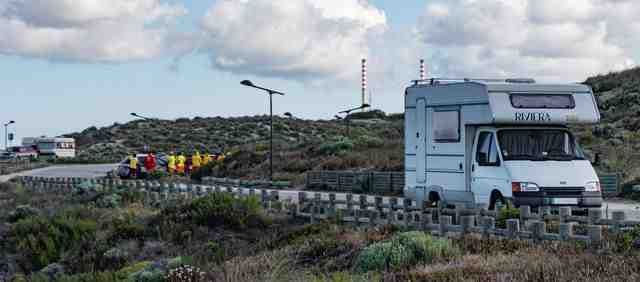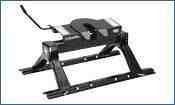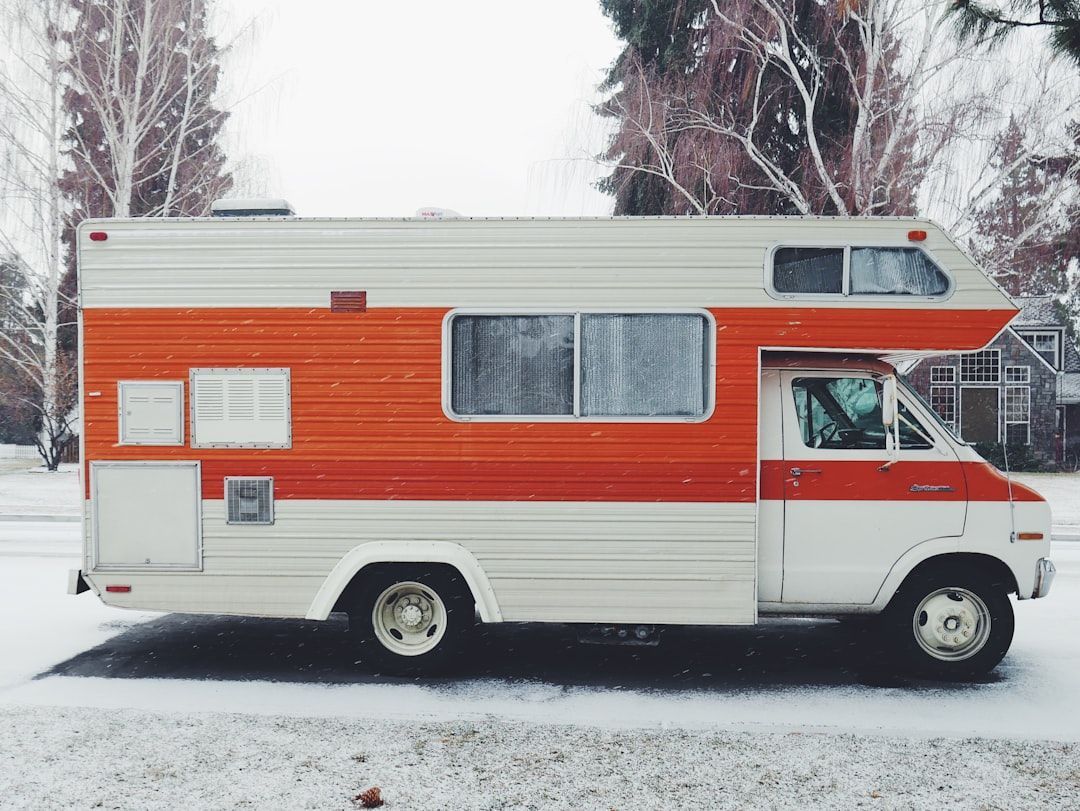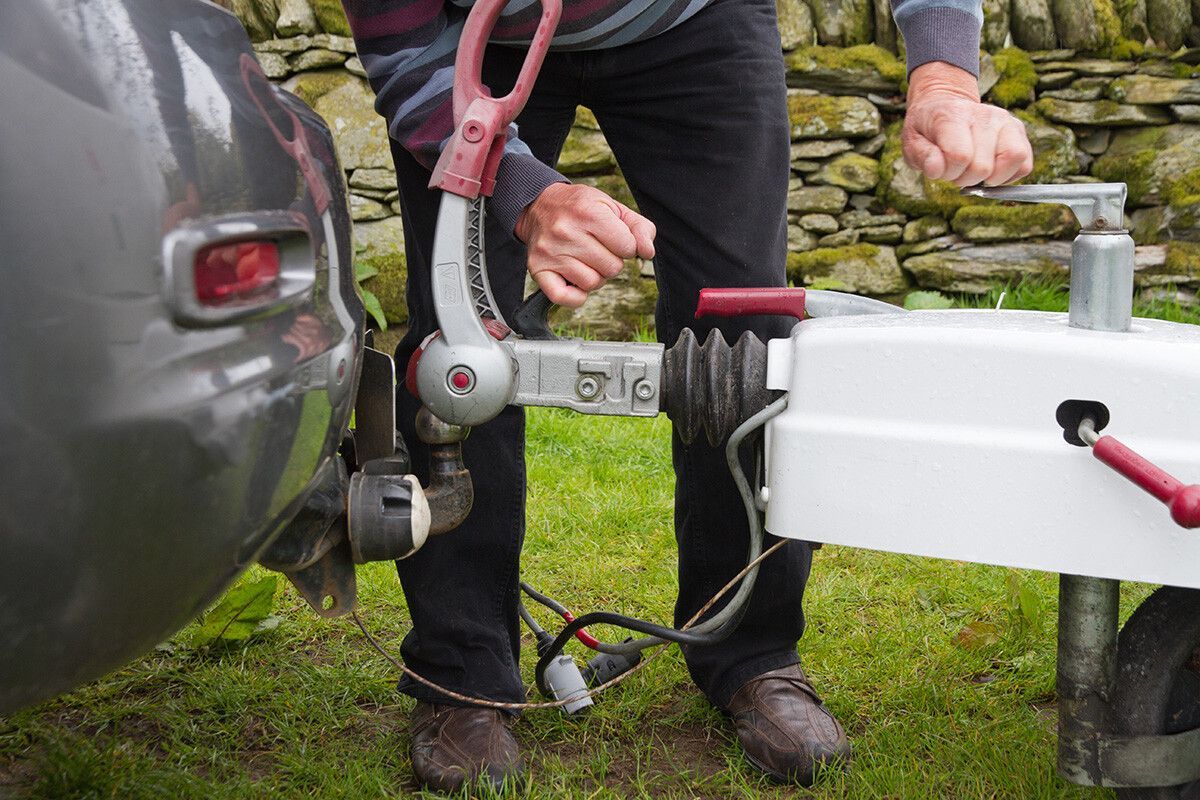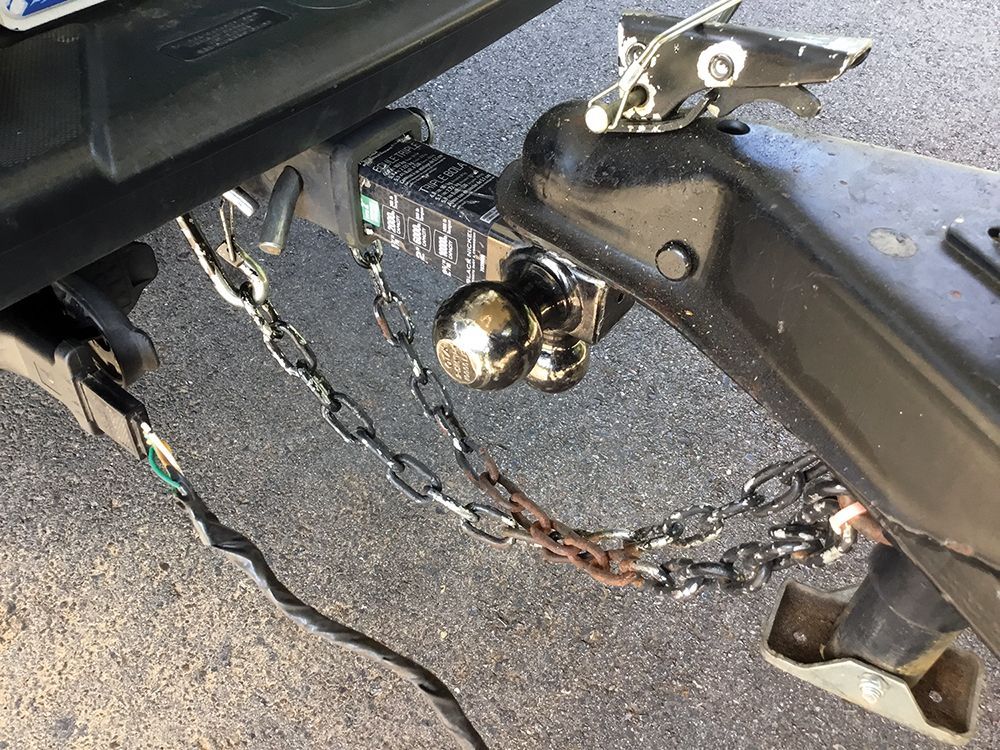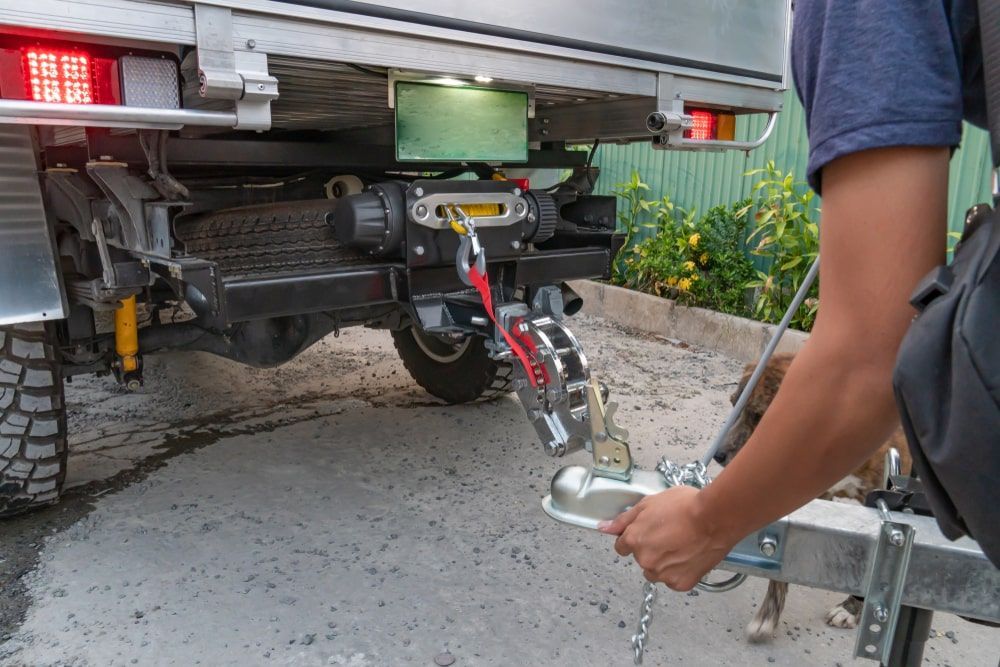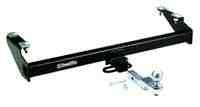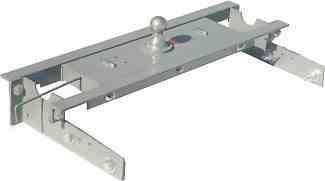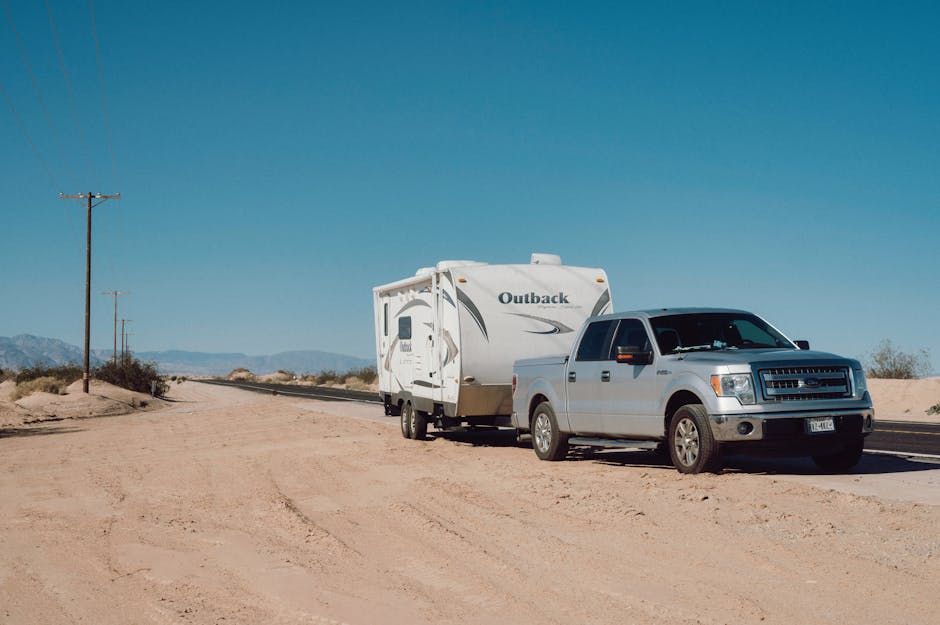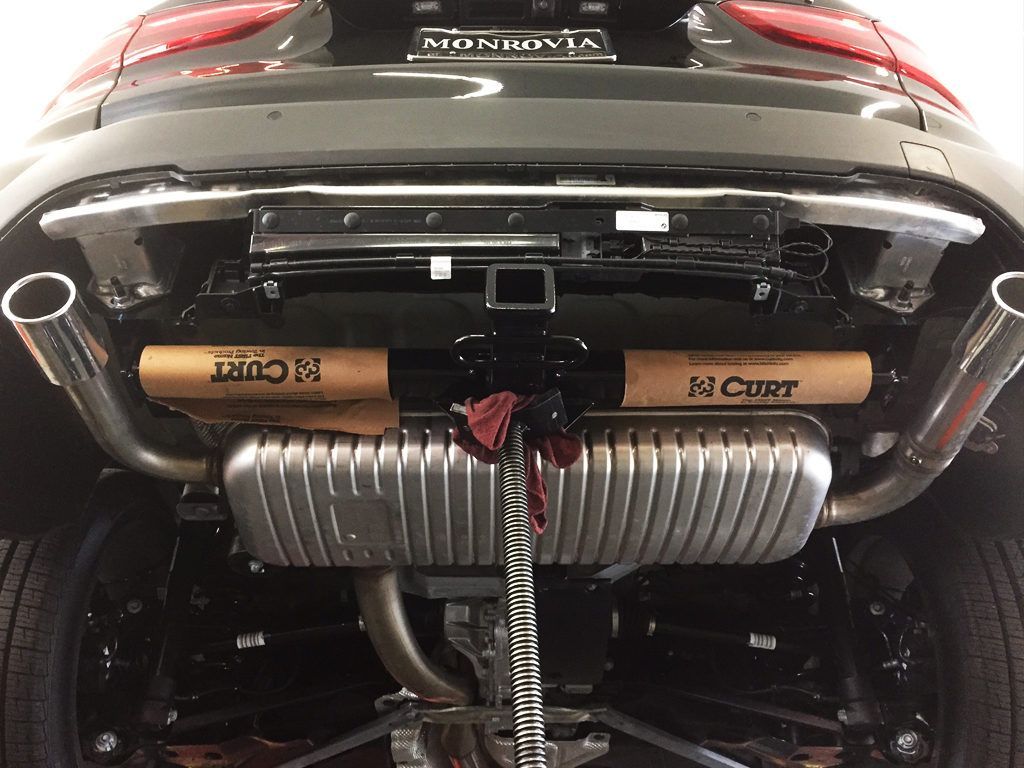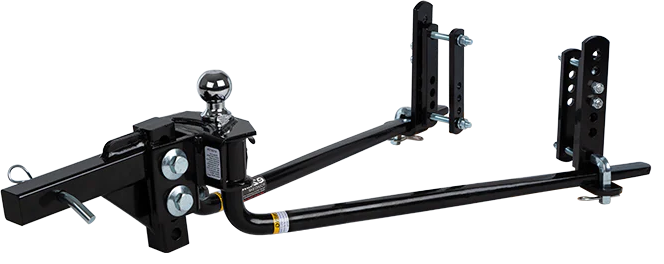Stop Rust in Its Tracks: Preventing Trailer Hitch Corrosion!
Stop Rust Before It Starts: How to
Prevent Trailer Hitch Corrosion
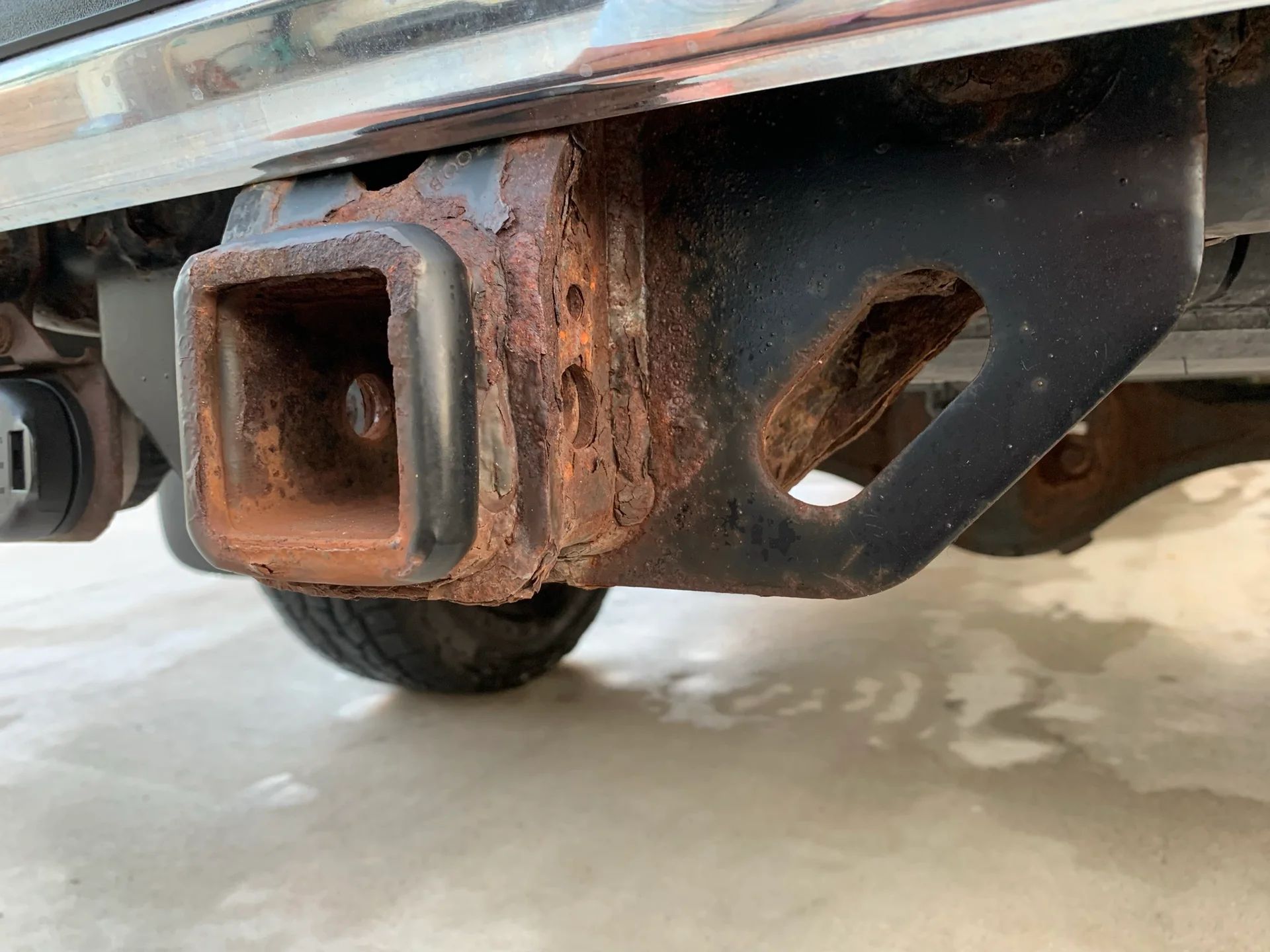
A trailer hitch is an essential component for towing, but exposure to the elements can lead to rust and corrosion over time. This not only weakens the hitch but also compromises safety. Preventing trailer hitch corrosion is key to ensuring longevity, durability, and reliability.
Whether you're frequently towing a boat, RV, or work trailer, taking proactive steps to stop rust from forming can save you time, money, and frustration in the long run.
In places like
Littleton, Colorado, where the weather fluctuates between snowy winters and sunny summers, trailer hitches are exposed to extreme conditions. Road salt, moisture, and temperature changes accelerate corrosion, making it even more crucial to implement protective measures. Let’s dive into the best ways to keep your trailer hitch in top shape!
Why Does Trailer Hitch Corrosion Happen?
Before discussing prevention methods, it's essential to understand what causes trailer hitch corrosion. Rust forms when iron, oxygen, and moisture interact, creating oxidation that deteriorates metal surfaces. Several factors contribute to trailer hitch corrosion:
- Exposure to Moisture: Rain, snow, and humidity all introduce moisture, which accelerates rust formation.
- Road Salt and De-icers: In winter, cities like Littleton, CO, use salt to keep roads safe, but it also leads to faster metal corrosion.
- Neglect and Lack of Maintenance: Failing to clean and inspect your trailer hitch regularly increases the risk of rust.
- Scratches and Dents: Any damage to your hitch exposes bare metal, making it more vulnerable to corrosion.
By addressing these issues early, you can significantly extend the life of your trailer hitch.
Protective Coatings: Your First Line of Defense
Applying a protective coating is one of the best ways to prevent trailer hitch corrosion. Coatings create a barrier between the metal and moisture, reducing oxidation risks.
Powder Coating
Powder coating provides a durable, weather-resistant layer that shields your trailer hitch from rust. This electrostatically applied coating is baked onto the surface, offering a hard, protective shell that lasts much longer than standard paint.
Rust-Proof Paint
If your hitch doesn’t already have a protective layer, applying rust-proof paint can be an excellent DIY solution. Opt for a high-quality paint designed specifically for metal and outdoor use. Brands like Rust-Oleum or POR-15 offer excellent corrosion resistance.
Spray-On Rust Inhibitors
Rust inhibitors are available in aerosol sprays, making them easy to apply. These coatings add a layer of protection without altering the look of your hitch. Regular applications, especially before winter, can help keep corrosion at bay.
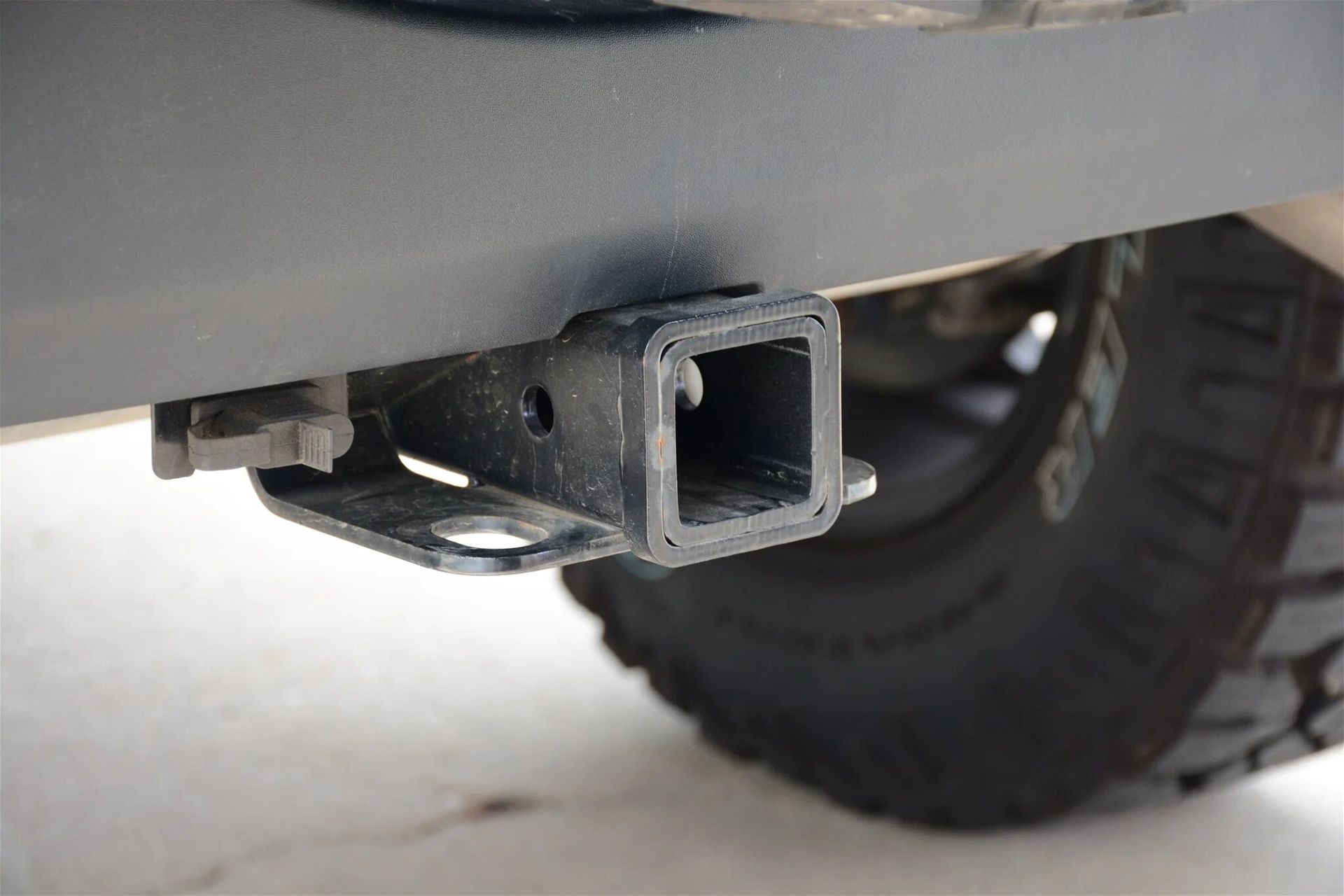
Regular Maintenance and Cleaning
Keeping your trailer hitch clean and well-maintained is another crucial step in preventing corrosion. A simple
maintenance routine can prevent rust from taking hold.
Wash Your Hitch Frequently
After every towing trip—especially during winter—give your hitch a thorough wash to remove dirt, salt, and grime. Use warm, soapy water and a stiff brush to scrub away contaminants.
Dry Your Hitch Thoroughly
Moisture is rust’s best friend, so always dry your hitch completely after cleaning. If possible, store your hitch in a dry place when not in use.
Apply Lubrication
Lubricants like WD-40 or silicone sprays create a water-resistant barrier that slows down rust formation. Apply a light coat after every wash to keep your hitch protected.
Proper Storage to Minimize Exposure
Where and how you store your trailer hitch can make a significant difference in its longevity.
Keep It Covered
If your trailer hitch is detachable, remove it when not in use and store it in a dry area. If it’s permanently attached, use a weather-resistant cover to protect it from the elements.
Elevate from Ground Moisture
When parking your trailer for extended periods, avoid leaving it on damp surfaces like grass or dirt, which expose the metal to excess moisture. If possible, store it on concrete or pavement.
Addressing
Early Signs of Corrosion
Even with preventive measures, rust can still develop. Catching it early can prevent it from spreading and causing serious damage.
Sand and Repaint Affected Areas
If you notice small rust spots, sand them down using fine-grit sandpaper or a wire brush, then apply rust-proof paint to seal the metal and prevent further oxidation.
Use Rust Converter
Rust converters chemically transform rust into a stable compound that can be painted over. This is a quick fix for minor rust patches without needing extensive sanding.
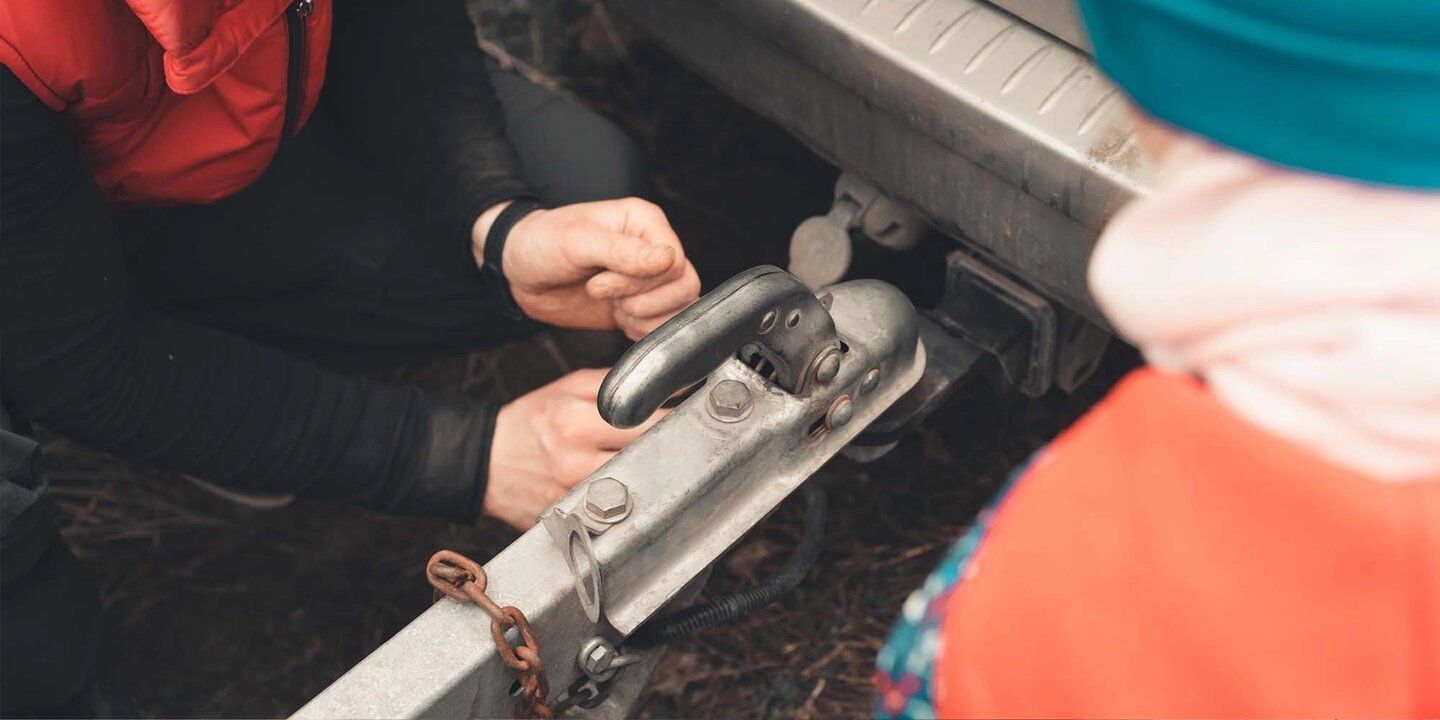
New Paragraph


